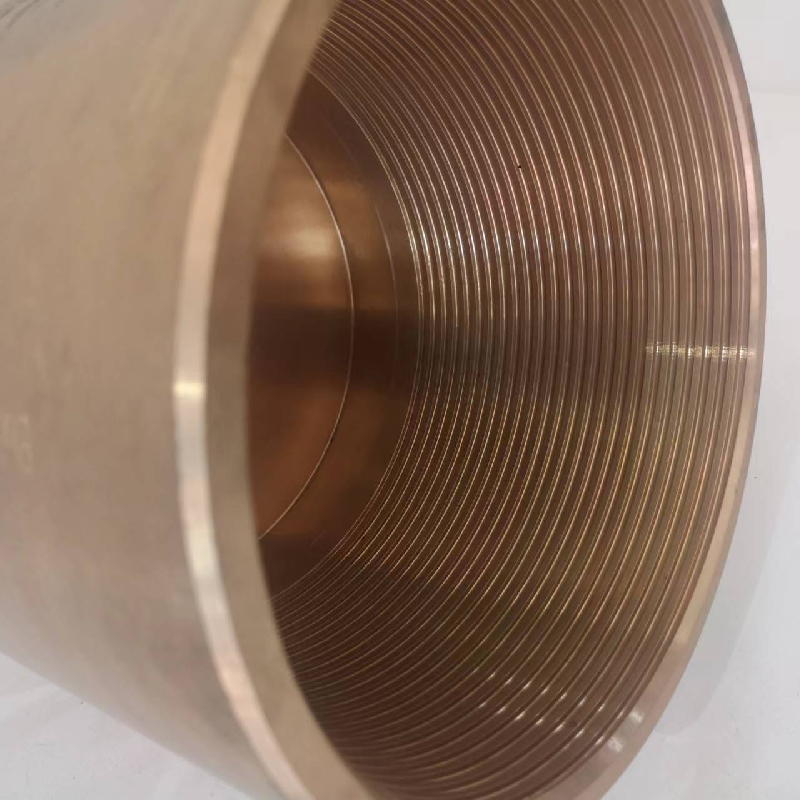- Afrikaans
- Albanian
- Amharic
- Arabic
- Armenian
- Azerbaijani
- Basque
- Belarusian
- Bengali
- Bosnian
- Bulgarian
- Catalan
- Cebuano
- Corsican
- Croatian
- Czech
- Danish
- Dutch
- English
- Esperanto
- Estonian
- Finnish
- French
- Frisian
- Galician
- Georgian
- German
- Greek
- Gujarati
- Haitian Creole
- hausa
- hawaiian
- Hebrew
- Hindi
- Miao
- Hungarian
- Icelandic
- igbo
- Indonesian
- irish
- Italian
- Japanese
- Javanese
- Kannada
- kazakh
- Khmer
- Rwandese
- Korean
- Kurdish
- Kyrgyz
- Lao
- Latin
- Latvian
- Lithuanian
- Luxembourgish
- Macedonian
- Malgashi
- Malay
- Malayalam
- Maltese
- Maori
- Marathi
- Mongolian
- Myanmar
- Nepali
- Norwegian
- Norwegian
- Occitan
- Pashto
- Persian
- Polish
- Portuguese
- Punjabi
- Romanian
- Russian
- Samoan
- Scottish Gaelic
- Serbian
- Sesotho
- Shona
- Sindhi
- Sinhala
- Slovak
- Slovenian
- Somali
- Spanish
- Sundanese
- Swahili
- Swedish
- Tagalog
- Tajik
- Tamil
- Tatar
- Telugu
- Thai
- Turkish
- Turkmen
- Ukrainian
- Urdu
- Uighur
- Uzbek
- Vietnamese
- Welsh
- Bantu
- Yiddish
- Yoruba
- Zulu
Exploring the Role of Bull Plug in Oil and Gas Operations and Its Significance
The Importance of Bull Plug Oil in the Oil and Gas Industry
In the oil and gas industry, efficiency and reliability are paramount. As operators strive to maximize production while minimizing downtime, the role of specialized materials and equipment becomes critical. One such component that may not receive the spotlight it deserves is the bull plug, a vital piece used primarily for sealing and pressure testing in various applications, particularly in oil and gas operations.
What is a Bull Plug?
A bull plug is a type of plug used to seal the openings of pipes, valves, or other fittings in a system. Typically constructed from durable materials that can withstand high pressure and temperature variations, bull plugs are essential for maintaining the integrity of a system. They ensure that fluids do not leak, which is crucial in preventing potential environmental hazards and ensuring safe operations.
Applications in Oil and Gas
In the oil and gas sector, bull plugs play a crucial role in various phases of production and maintenance. They are often used during drilling operations, where proper sealing of the wellbore is vital. Additionally, during maintenance or repairs, bull plugs prevent fluid loss and ensure that the pressure within the system remains stable, reducing the risk of blowouts or other dangerous incidents.
Moreover, bull plugs are employed in pressure testing, which is essential for quality assurance. By sealing off systems, operators can apply pressure to test for leaks or weaknesses in pipes, tanks, and other components before they are put into full operation. This preventive measure is critical, as it helps identify potential failures that can lead to costly downtime or catastrophic spills.
Durability and Material Considerations
bull plug oil and gas

The choice of material for bull plugs is vital, given the harsh environments they often face in the oil and gas industry. Common materials include stainless steel, brass, and polymer composites, each offering specific benefits. For instance, stainless steel bull plugs are known for their resistance to corrosion and their ability to withstand high pressures, making them ideal for subsea applications.
By understanding the operational environment and selecting the right material, operators can enhance the longevity and effectiveness of their bull plugs. With the increasing focus on sustainability within the oil and gas sector, selecting durable and long-lasting materials contributes to reduced waste and lower replacement costs.
Safety and Environmental Considerations
The use of bull plugs in ensuring leak-free operations is not just about efficiency; it is also fundamentally linked to safety and environmental protection. Any leakage of oil or gas due to a faulty seal can have catastrophic consequences, impacting both safety and the environment. As regulations surrounding environmental protection become more stringent, the need for reliable sealing solutions like bull plugs becomes more critical.
Moreover, the advancement in technology has led to the development of more sophisticated bull plugs equipped with sensors that can monitor pressure levels and alert operators to potential issues before they escalate. Such innovations contribute to operational efficiency and further enhance safety measures in the field.
Conclusion
The bull plug may appear to be a simple component within the vast machinery of the oil and gas industry; however, its importance cannot be overstated. As the industry continues to evolve, with significant pressures for both efficiency and sustainability, bull plugs will remain a key element in ensuring safety, reliability, and environmental protection. By prioritizing high-quality bull plugs and incorporating advanced materials and technologies, operators can pave the way for safer and more efficient oil and gas production in the future.
-
Tubing Pup Joints: Essential Components for Oil and Gas OperationsNewsJul.10,2025
-
Pup Joints: Essential Components for Reliable Drilling OperationsNewsJul.10,2025
-
Pipe Couplings: Connecting Your World EfficientlyNewsJul.10,2025
-
Mastering Oilfield Operations with Quality Tubing and CasingNewsJul.10,2025
-
High-Quality Casing Couplings for Every NeedNewsJul.10,2025
-
Boost Your Drilling Efficiency with Premium Crossover Tools & Seating NipplesNewsJul.10,2025







